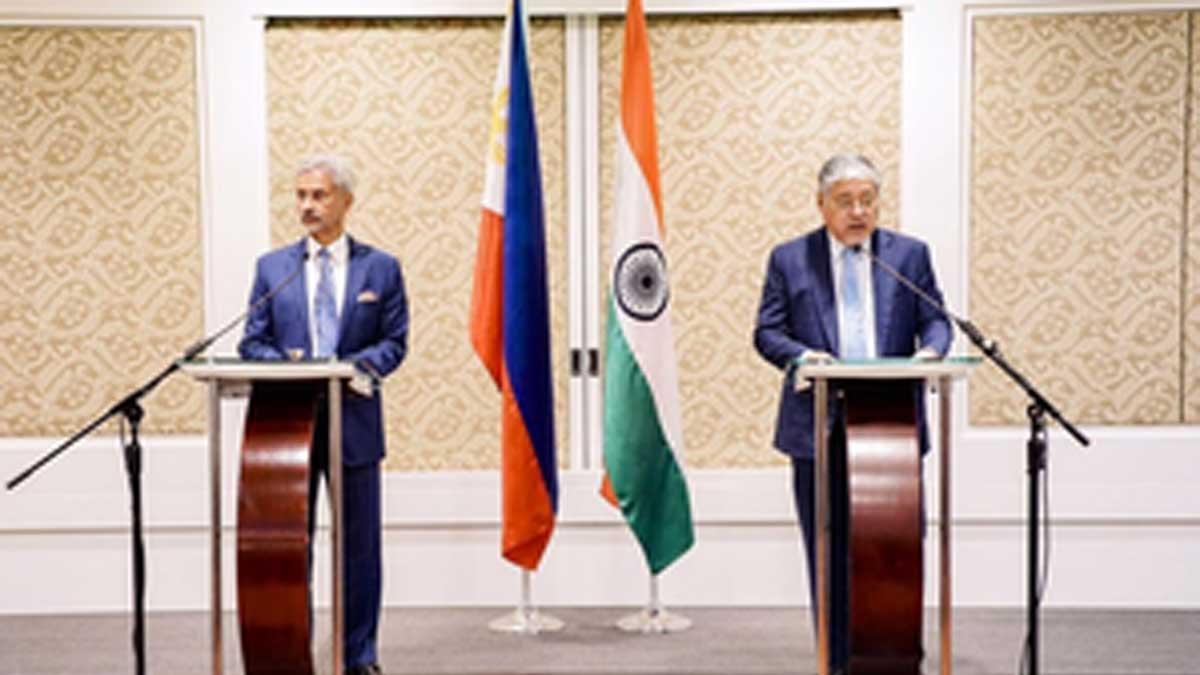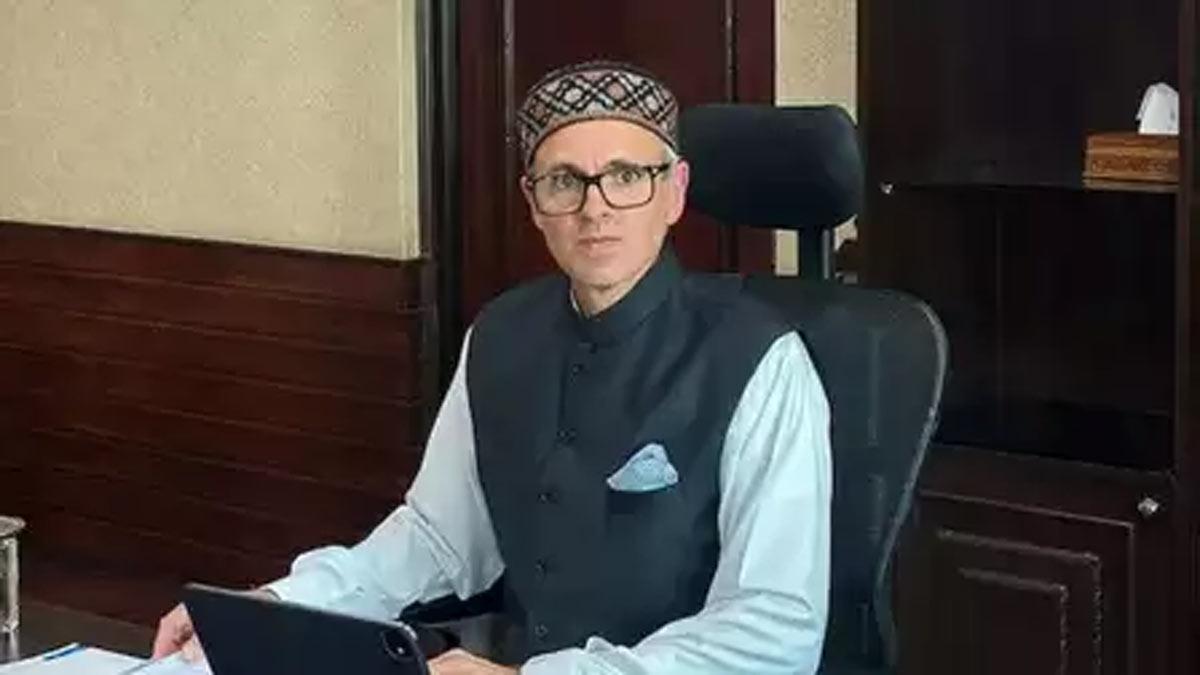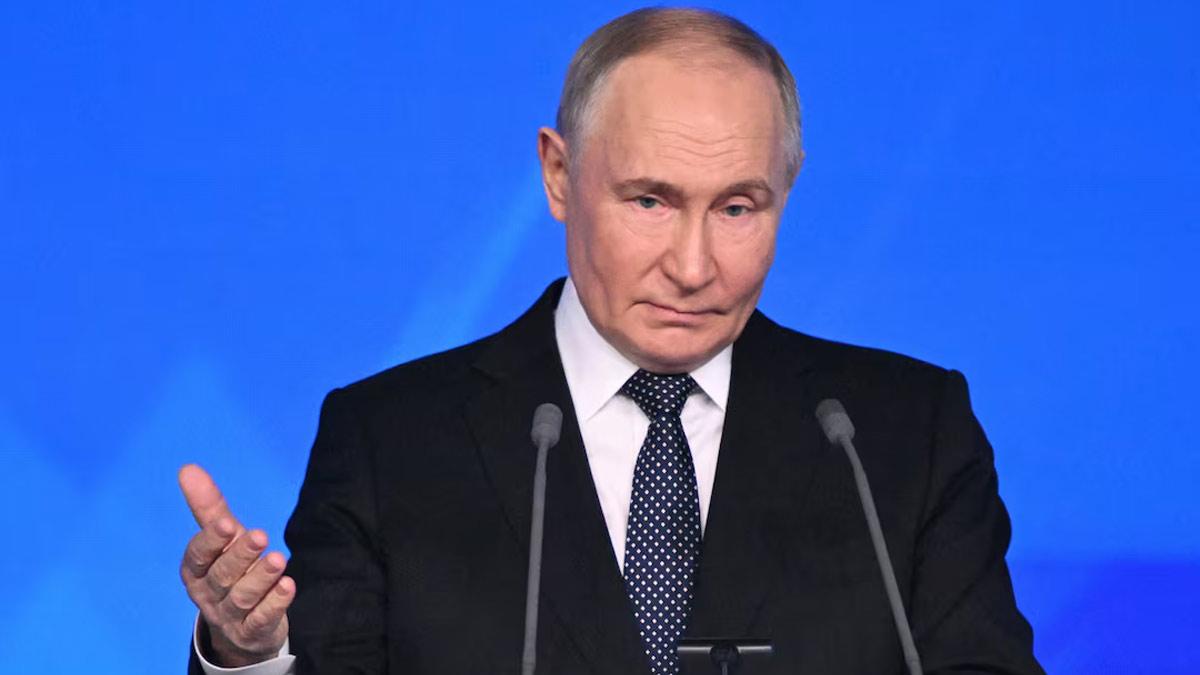In a resolute stance, External Affairs Minister S. Jaishankar expressed India's unwavering support for the Philippines in safeguarding its national sovereignty amidst rising tensions over Chinese actions in the contested South China Sea. The Philippines recently lodged a vigorous protest against a reported "water cannon assault" by the Chinese coast guard, which resulted in injuries to Filipino navy personnel and substantial damage to their vessel.
Speaking at a joint press briefing in the capital alongside Enrique Manalo, Secretary for Foreign Affairs, S. Jaishankar reiterated India's commitment to the region, citing its Act East policy and Indo-Pacific engagements. Stressing the importance of upholding the United Nations Convention on the Law of the Sea (UNCLOS), Jaishankar emphasized India's keen interest in regional developments and advocated for adherence to a rules-based order conducive to progress and prosperity.
Highlighting the significance of UNCLOS 1982, Jaishankar underscored India's steadfast support for the Philippines' sovereignty and called for full compliance with the convention's principles by all parties involved. The ongoing maritime disputes between Manila and Beijing have escalated tensions in the South China Sea, prompting Manila to register its protest against what it deemed as unlawful actions by the Chinese authorities.
China, in response, defended its actions as legitimate measures to regulate and protect its territorial waters, further exacerbating the standoff. UNCLOS, serving as the cornerstone of international maritime law, establishes the legal framework governing maritime rights and obligations.
India, advocating for freedom of navigation and commerce underpinned by international law, aligns its stance with the principles enshrined in UNCLOS 1982. The mutual interest in ensuring maritime safety and security was a focal point of discussions between the two leaders, reflecting the shared responsibility of maritime nations in safeguarding global shipping routes.
Recognizing the potential of bilateral maritime cooperation, Jaishankar highlighted the agreements signed between India and the Philippines to enhance maritime collaboration. He also briefed his counterpart on India's naval deployments in critical regions to counter emerging threats, demonstrating India's commitment to regional stability.
Furthermore, Jaishankar emphasized the broader context of India-Philippines partnership within the framework of ASEAN cooperation, with the Philippines set to assume the role of India's country coordinator later in the year. Anticipating deeper engagement on trade, connectivity, and people-to-people contacts, India looks forward to bolstering ties with ASEAN through Filipino stewardship.
As the global landscape evolves, Jaishankar emphasized the imperative for closer cooperation between India and the Philippines to shape the emerging order. Discussions encompassed various global and regional issues, underscoring the convergence of interests driving the upward trajectory of bilateral relations.
The ongoing three-nation tour by Minister Jaishankar aims to strengthen bilateral ties, reflecting India's commitment to deepening engagement with strategic partners in the region. The recent Joint Commission on Bilateral Cooperation meeting in New Delhi underscored the substantive discussions between India and the Philippines on mutual concerns, reaffirming their shared vision for a free, open, and inclusive Indo-Pacific region governed by international law and peaceful dispute resolution mechanisms.
Read also | Persistent Assertion: China's Ongoing Claim on Arunachal Pradesh
Read also | Questioning Islamic State's Role in Concert Hall Attack: Russia's Doubts


















